Terrorism is now an over-defined concept with the state, intellectuals, dissenters, and anti-state activists constantly batting out its meaning. While analyzing terrorism the authors of this volume have tried to highlight the following contentions. First, both state and non-state actors are culpable when it comes to reproducing terrorism, although as a policy the state was the first to institutionalize it. Second, the colonial state was notorious when it came to reproducing terrorism, not merely for channelizing its coercive machineries but for institutionalizing terrorism as a matter of state policy. Third, non-state terrorism during the colonial era remained qualitatively different from the post-colonial era mainly for the practice of keeping out civil society from influencing state policy. Fourth, state’s policy of counter-terrorism proved more counter-productive in tackling non-state terrorism. Fifth, modern weapons technology has virtually reconceptualized terrorism, not only nationally but also internationally. Sixth, while the state resorted to terrorism mainly for containing the power of dissenting subalterns, the latter also through acts of terrorism found convenient to project its grievances against the state. Seventh, misgovernance of the state, marginality of communities, and national deprivation, all contribute directly to the reproduction of non-state terrorism. Finally, globalization has provided fresh impetus to terrorism in terms of international networks and the supply of materials.
Maner: The Abode of Sufis
$13.50
$15.00

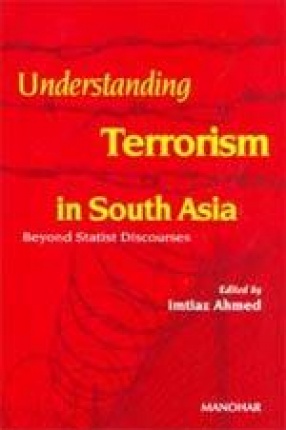
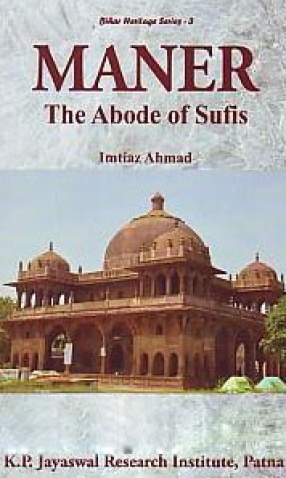
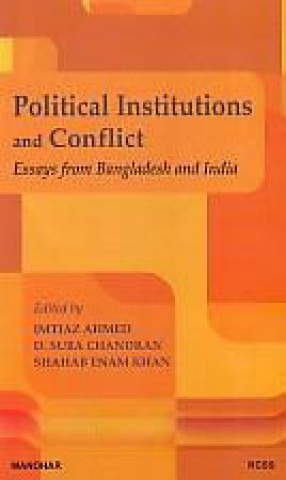
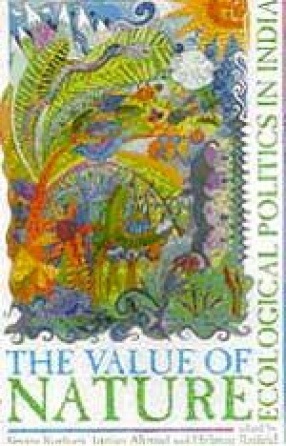
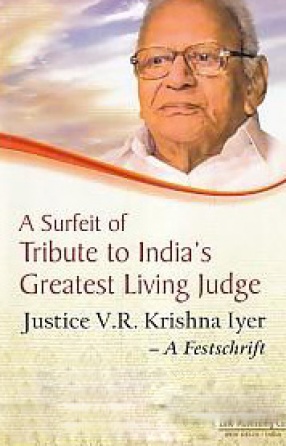


There are no reviews yet.